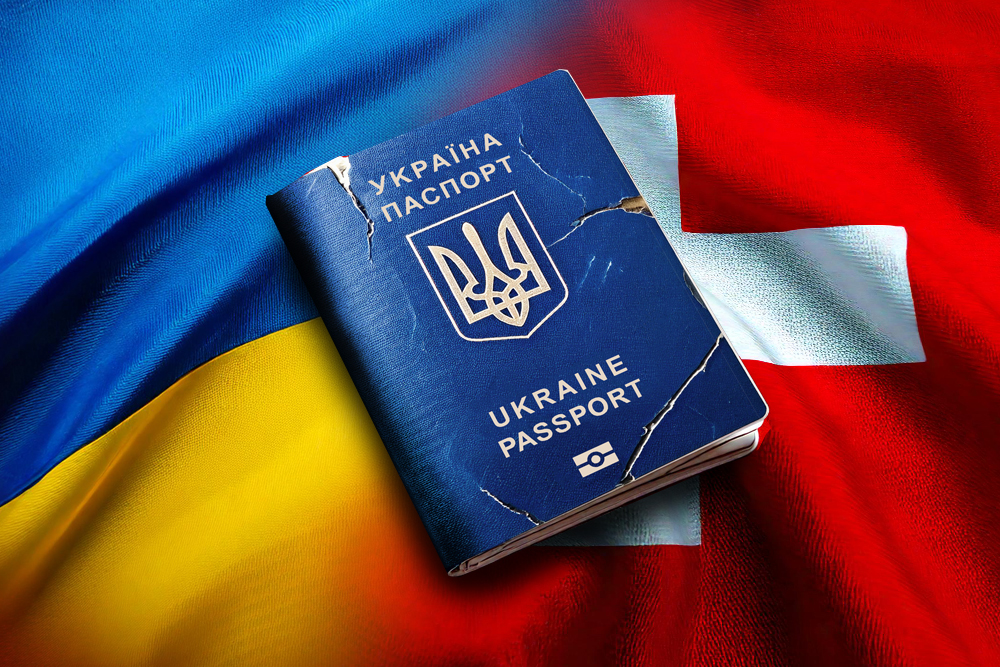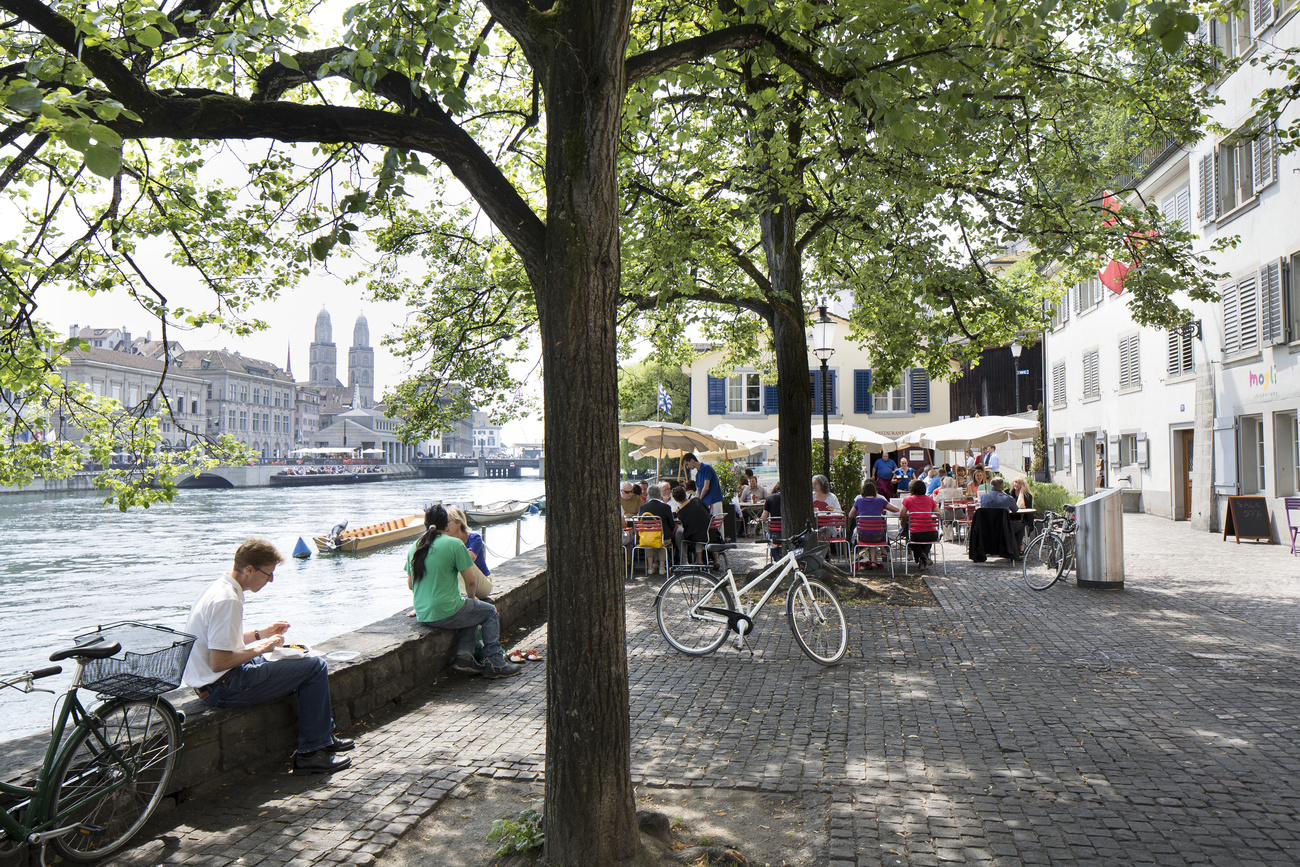Zelenskiy postpones travel abroad as Russian troops enter Ukraine border town

By Yuliia Dysa, Tom Balmforth and Sergiy Karazy
KYIV (Reuters) -President Volodymyr Zelenskiy postponed all his foreign trips as Ukraine’s battlefield situation continued to deteriorate on Wednesday and Kyiv said fighting raged in the northeastern border town of Vovchansk in Kharkiv region.
The capture of the town, 5 km (3 miles) from the border, would be Russia’s most significant gain since it launched an incursion into the region on Friday, opening a new front in its invasion and forcing Kyiv to rush in reinforcements.
The assault keeps Ukraine’s forces, also holding the 1,000- km (600-mile) front line in east and south, off balance ahead of what Zelenskiy has said could be a big Russian offensive. Moscow has been slowly making ground in the east for months.
“The situation is extremely difficult. The enemy is taking positions on the streets of the town of Vovchansk,” Oleksiy Kharkivskyi, Vovchansk’s patrol police chief, said on Facebook.
Dmytro Lazutkin, a spokesman for the defence ministry, said “some” Russian infantry groups had entered the town. Ukrainian troops later managed to “partially” push them back, the general staff said, but “defensive actions” raged in the north and northwestern outskirts.
A late-night report issued by Ukraine’s General Staff said its troops had repelled four Russia attacks along the border, but fighting was raging near a string of villages. Troops “continued to carry out stabilising moves” near Vovchansk.
The report said heavy fire had prompted the military to reposition some troops near Kupiansk to the southeast, an area that has seen heavy fighting in recent months.
On Tuesday, the General Staff said troops had pulled back to new positions in the Vovchansk and Lukyantsi areas due to “a consequence of enemy fire and storming action”.
Russia’s defence ministry said on Wednesday its forces captured two more settlements in the region, bringing the total count to 12 since Friday. The latest were Hlyboke and Lukyantsi, it said, both about 25 km from Kharkiv’s outskirts.
Police remained in Vovchansk and were continuing to evacuate people, Kharkivskyi said. Nearly 8,000 people have been evacuated from Vovchansk and border areas since Friday’s assault.
WINDOW OF OPPORTUNITY
Zelenskiy has postponed all his foreign travel planned for the coming days, his spokesman Sergiy Nykyforov said, after the Ukrainian leader held a daily conference call with senior military figures to discuss the situation in Kharkiv region and the supply of weapons.
Zelenskiy later confirmed the postponements himself in a post on the Telegram messaging app, saying that “all attention now is focused on our current defence operations”.
Ukraine is trying to snuff out the assault in Kharkiv region, while holding the line against Moscow’s main thrust in the eastern Donbas region and guarding against potential new border incursions.
The top military spy has warned that Russia had small groups of forces located to the north of Kharkiv region along its border with the Sumy region.
Ukraine’s shortage of troops is compounded by months of delayed weapons deliveries, in particular from the United States, after Congress took six months to approve a major aid package.
“For Russians, now is actually a window of opportunity. … The Russians feel it, they have accumulated enough resources,” Serhii Rakhmanin, a lawmaker and member of the Ukrainian parliamentary committee for security and defence, told Reuters.
He said he expected the next three months to be the most critical for Ukraine, but anticipated that the situation would improve due to fresh weapons supplies, if they arrive in time.
The deteriorating situation in Kharkiv region coincided with a visit to Kyiv by Secretary of State Antony Blinken, who said the U.S. was aiming to ensure the speedy delivery of much needed weapons.
“We’re rushing ammunition, armoured vehicles, missiles, air defences – rushing them to get to the front lines to protect soldiers, to protect civilians,” he said.
Kyiv says the Russian assault into the northeast does not present an imminent threat to the region’s city of Kharkiv, Ukraine’s second largest, which is home to 1.3 million people.
(Reporting by Yuliia Dysa, Anastasiia Malenko, Serhiy Karazy, Kyiv bureau; writing by Tom Balmforth; editing by Christina Fincher, Alexandra Hudson, Philippa Fletcher and Ron Popeski)







